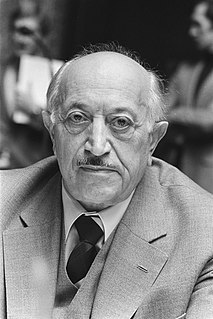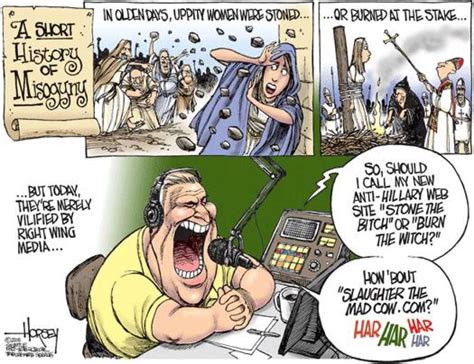A Quote by Joichi Ito
We talked about the Internet and Wikipedia and how facts and history are being collectively created online.
Related Quotes
I'm quite good at taking in information so I voraciously inhale Wikipedia - which may have some things wrong in it, but I think is generally more information than we had before. Last tour we didn't have Wikipedia. And then Discovery Channel and History Channel. I can take it in and retain what I think are the most important facts.
This is a perfect example of the power and ridiculousness of a website like Wikipedia. I did give a slightly contentious graduation speech, where I decided not to be funny as my classmates had hoped, which was why I was chosen. I was not valedictorian, that's for sure. Instead, I talked about the failure to communicate between the administration and the teachers and students. That's what was contentious about it. At some point, somebody wrote about that incident on my Wikipedia page. And then somebody added the bit about me exposing my genitals to the crowd.
Because of the Internet's open platform, entrepreneurs have started small businesses, innovators have created online services, and webcasters have produced a diversity of news-information sources. We must make sure that winners and losers are decided by the marketplace and not your Internet service provider.
We [me and Jennifer Salke] talked about the characters and different kinds of families and where are we today. We certainly pitched the gay couple, but we also talked about what it was like to be a single mother with a young daughter, what is it like to be a woman in your 50's who is completely starting over and dating again and having to go online to date again. We talked about the whole spectrum of the characters, but I don't think it ever came up about whether people are ready for it or not.
What are the facts? Again and again and again – what are the facts? Shun wishful thinking, ignore divine revelation, forget what “the stars foretell,” avoid opinion, care not what the neighbors think, never mind the unguessable “verdict of history” – what are the facts, and to how many decimal places? You pilot always into an unknown future; facts are your single clue. Get the facts!
When I went to high school - that's about as far as I got - reading my U.S. history textbook, well, I got the history of the ruling class. I got the history of the generals and the industrialists and the presidents that didn't get caught. How 'bout you? I got all of the history of the people who owned the wealth of the country, but none of the history of the people that created it.
Yes, the disruption of the Internet can be blamed for the destruction of the business model that once made journalism a thriving, well-paying enterprise, but it has also created an array of new tools for reporting. Somebody will eventually figure out how to make online newspapers profitable - I hope.
The issue for the major companies is how, is how when and where to make their content online. So you look at these major cable companies, whether it's Disney or Time Warner, News Corp., ESPN, USA, they're being very very careful, about making their content available over the internet, and they're trying to figure it out.



































